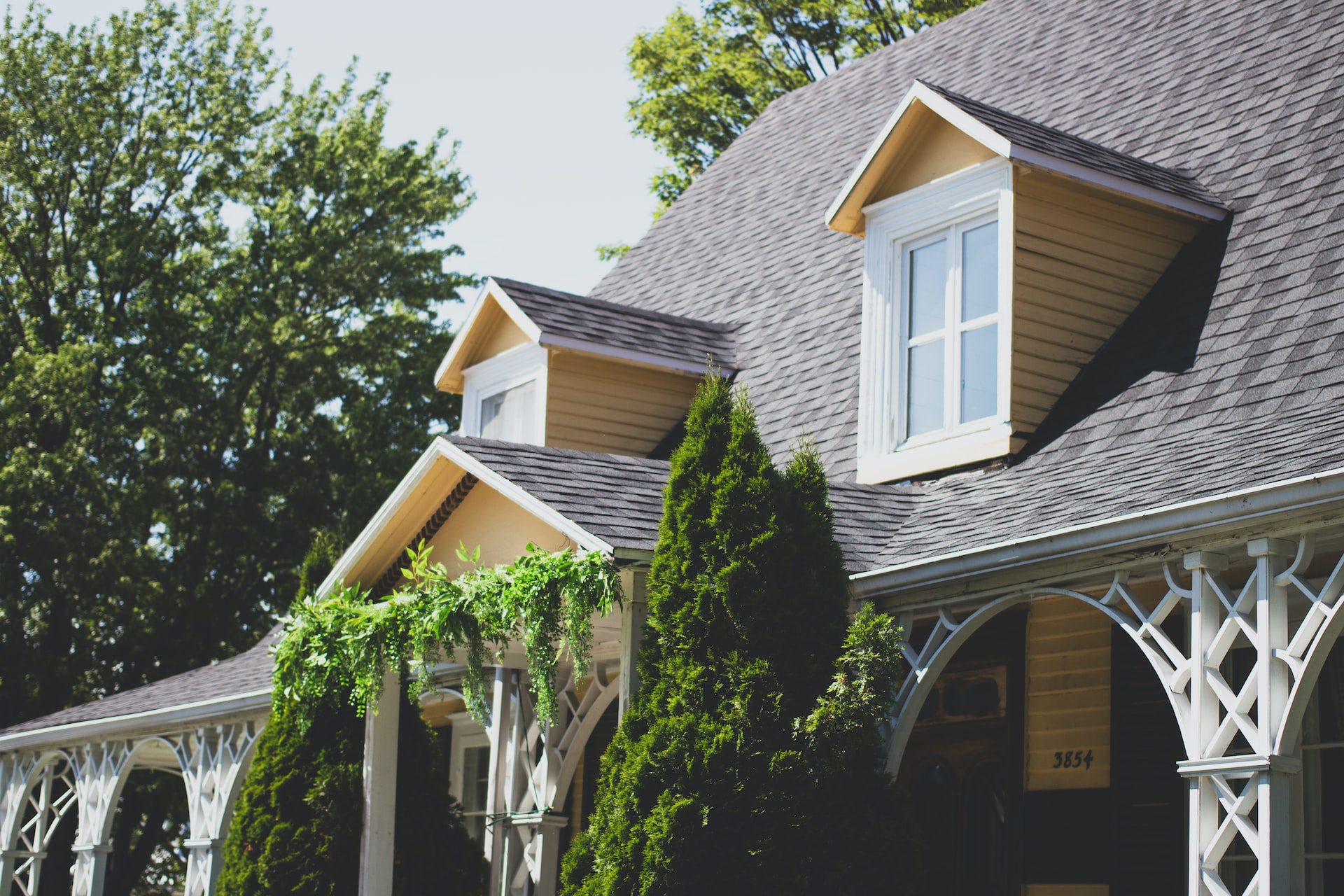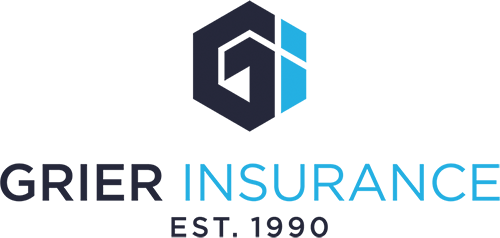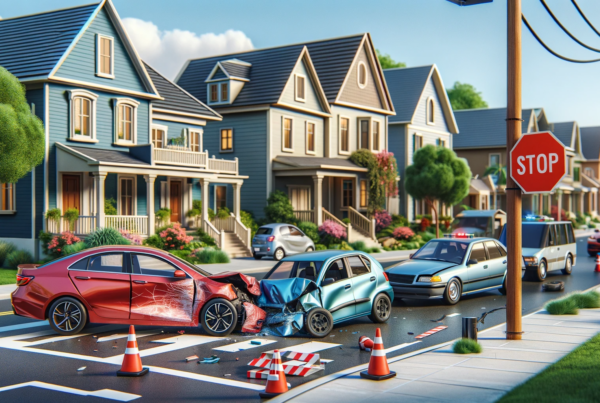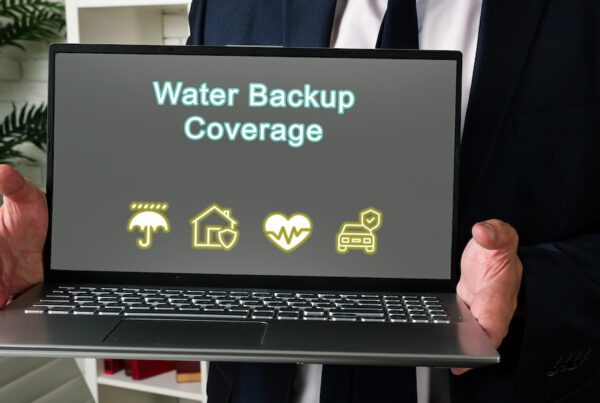
Most likely, your home is the most valuable asset you have and one you likely can’t afford to replace if a disaster happens. This is why protecting your investment with home insurance is so important.
In this post:
- Why you need home insurance
- What isn’t and is covered
- What’s included in a home insurance policy
Why do you need home insurance?
Purchasing home insurance isn’t required by Alabama state law, but if you have a mortgage on your home, your lender will require the home to be insured so it can protect its investment.
Even if you don’t have a mortgage on your property, home insurance is always a smart purchase that can protect your finances in many ways.
Here are the main functions of homeowners insurance:
- Repair your other structures, yard and home: If your home was completely destroyed by a tornado or fire, could you rebuild out of pocket? Home insurance covers reconstruction to build your home and property to its former self.
- Replace or repair your personal belongings: Many insurance polices cover your belongings not only inside the home, but also outside on the go. So, whether your wedding ring goes missing from your hotel in Gulf Shores or your furniture is destroyed in a fire, your coverage will help replace or repair them.
- Cover liability issues: If you have a guest that trips at your child’s birthday party, your sweet golden retriever bites a visitor, or you hurt someone by accident away from home, home insurance can help cover your legal costs and other injuries.
What does home insurance cover and what are the exclusions?
Two very common home insurance policies are the HO-2 and HO-3. The HO-2, which is less comprehensive, is a “named peril” policy, meaning it only covers a specific list of possible risks. Although we almost always write HO-3 and HO-5 policies, I think it’s important to know what is covered and what isn’t.
The 16 perils that a HO-2 policy covers are:
- Fire or lightning
- Smoke
- Theft
- Vandalism
- Windstorms and hail
- Damage caused by vehicles
- Damage from aircraft
- Weight of ice, snow and sleet
- Freezing of household systems
- Riots
- Explosions
- Falling objects
- Volcanic eruptions
- Overflow or discharge of water
- Damage from artificially generated electrical current
- Sudden tearing, cracking or bulging of home
For coverage that is beyond these 16 risks, at Grier Insurance we recommend HO-3 or HO-5 polices. HO-3 policies are “open peril,” meaning they will cover ALL risks EXCEPT those the insurance company excludes.
For the broadest homeowner’s policy, there’s the HO-5. This policy will cover both your home AND personal property for all problems except those specifically excluded.
There are still damages that no homeowner’s policy will cover, such as:
- Flooding
- Earthquakes
- Landslides
- Mold
- Infestations
- Wear and tear
- Nuclear hazard
- Government action
However, you can buy flood and/or earthquake insurance from a separate policy. In states like Florida, you may also need separate windstorm insurance.
Talk with one of our agents if you have a certain concern about weather risks in your area or perils that aren’t covered on your policy. In most cases, we can add endorsements to your policy to provide you with protection.
What are the basic parts of a home insurance policy?
A homeowner’s policy has many distinct coverages. Many are included and others you can add.
STANDARD COVERAGE
- Dwelling: Covers damage to your home and attached structures, such as your garage.
- Other structures: Covers stand-alone structures on your property such as a garage, fence, carport or shed.
- Additional living expenses: Also known as “loss of use”, this helps pay for an apartment or home and living expenses such as meals if damage to your home requires you to vacate during repairs or rebuilding.
- Personal property: This pays to replace or repair your belongings that are damaged or stolen. Everything from your living room TV to your hangers in your closet.
- Liability: Covers if you’re found responsible for injuries to others on or off your property.
- Medical payments: Covers guests who have been hurt on your property and their injury treatments. Also, this will cover you or your family if they injure themselves while away from home. This coverage is available regardless of fault.
COMMON OPTIONAL COVERAGES
- Water backup: Covers damage by over flown water from plumbing or other issues with your home’s pipes and plumbing. This does not cover flooding from flash floods–only water that enters from the ground up. At Grier Insurance, we routinely add and recommend this coverage to our customers.
- Enhanced dwelling coverage: Most all our insurance carriers offer extra coverage for your home’s structure. In some cases, original coverage limits are not enough if there is a spike in construction costs after a storm. This coverage will help you ensure you are adequately covered, and you don’t have to dig into savings to rebuild or fix your home.
- Identity theft expense: This coverage helps reimburse you for expenses while you recover from identity theft. Also, this is often not available with all insurance companies. The carriers that do offer coverage, many times this includes help from an advisor who can deal with bill collectors and help restore your credit.
- Scheduled personal property: With this added coverage, you can cover more expensive items such as rings, watches and fine art.
This is only some of the available coverages. Call your advisors at Grier Insurance and we can help match your particular needs and circumstances.
Part 2 coming soon:
- Choosing your coverage and deductible
- Understanding the cost of home insurance
- Shopping for home insurance
Updated Part 2: https://grierinsurance.com/blog/understanding-home-insurance-part-2/



